The Significance of Wardrobes in Interior Design: Essential Specifications and Expert Design Tips
Wardrobes are an essential element in interior design, not only for their practicality but also for their contribution to the overall aesthetics of a space. A well-designed wardrobe can not only provide ample storage but also enhance the visual appeal of a room. In this article, we will explore the significance of wardrobes in interior design and delve into the key specifications to consider when designing a wardrobe. Additionally, we will provide expert tips on creating functional wardrobes that meet both storage needs and design preferences.
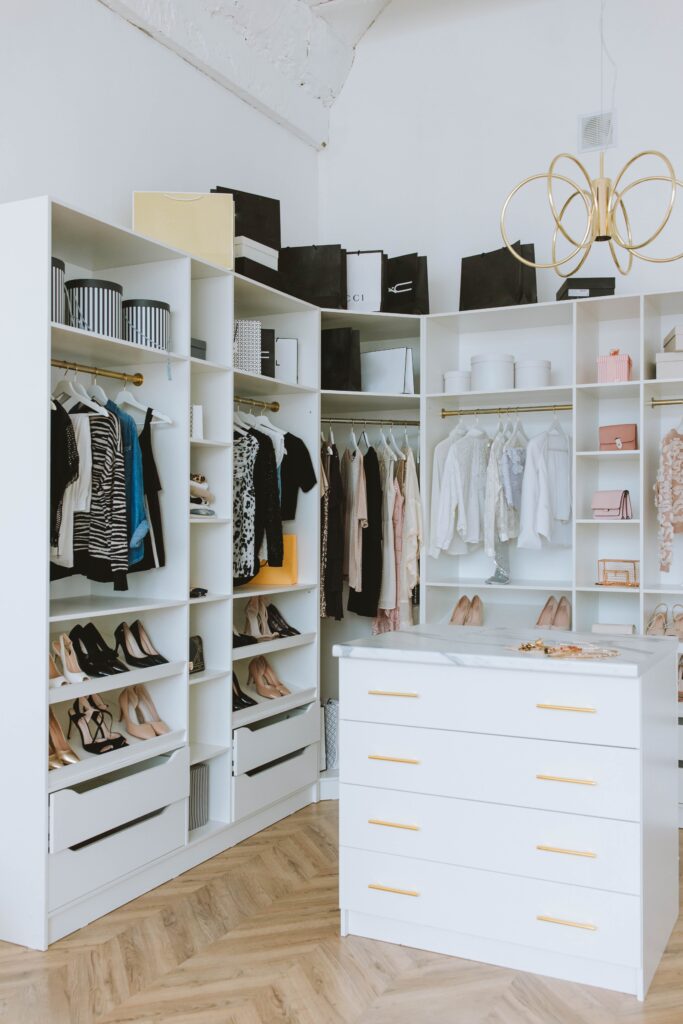

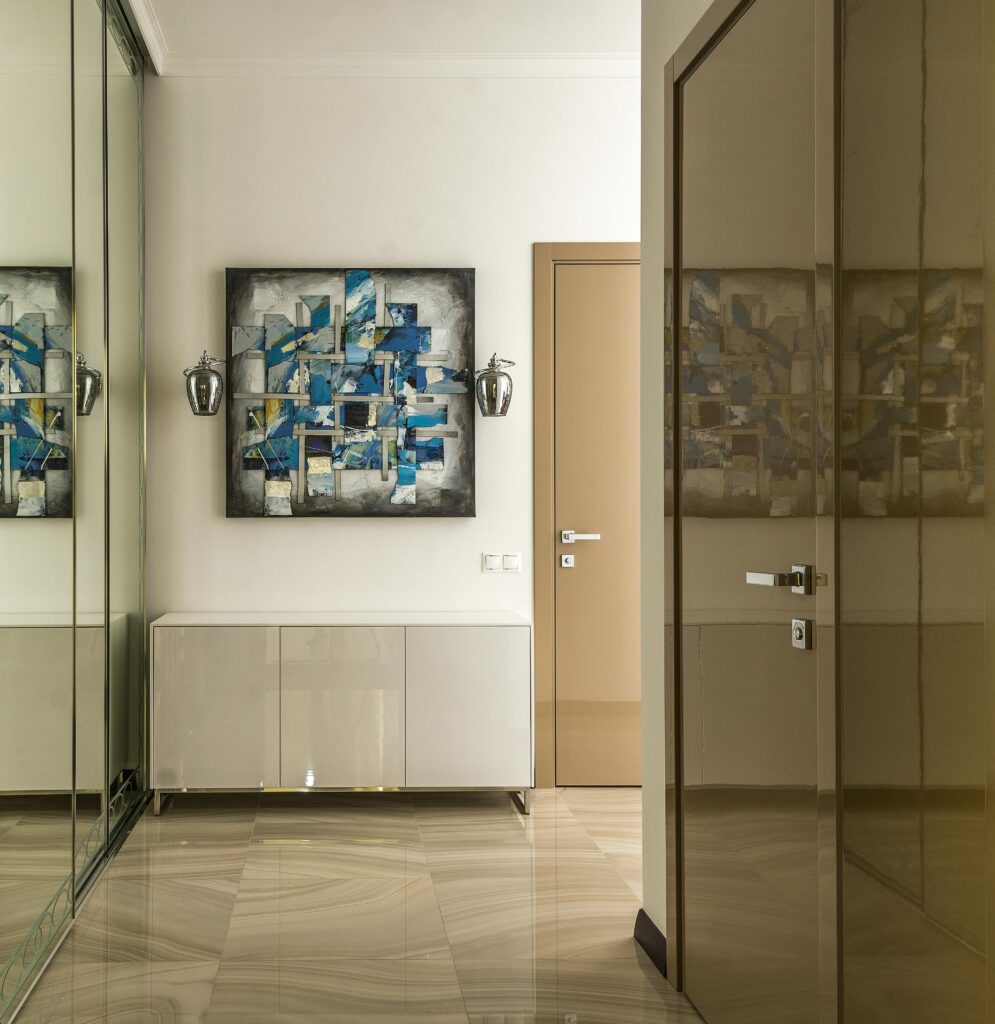
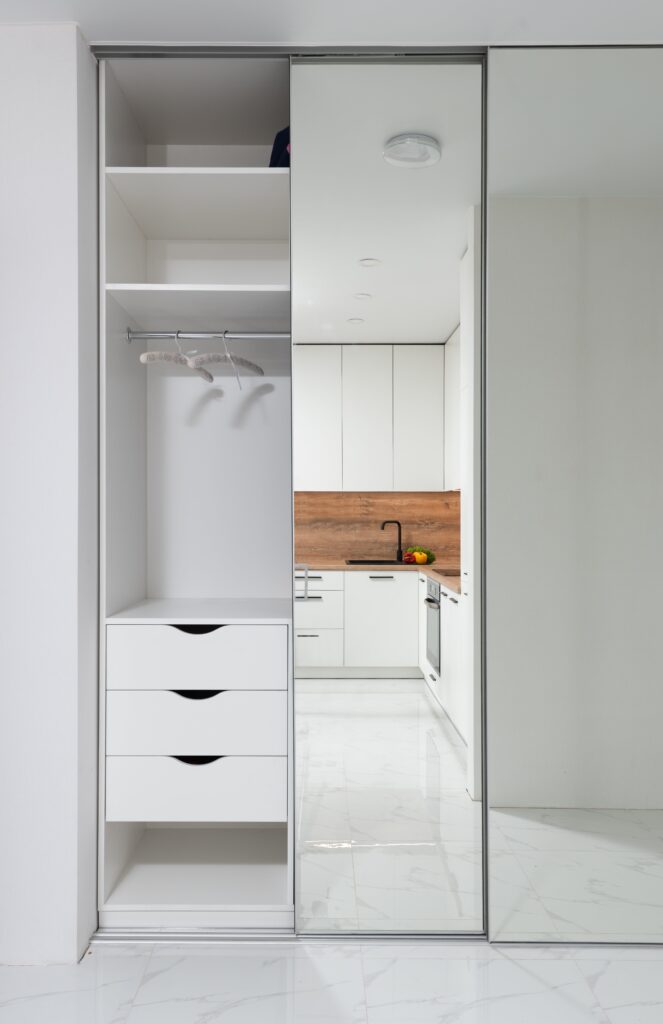
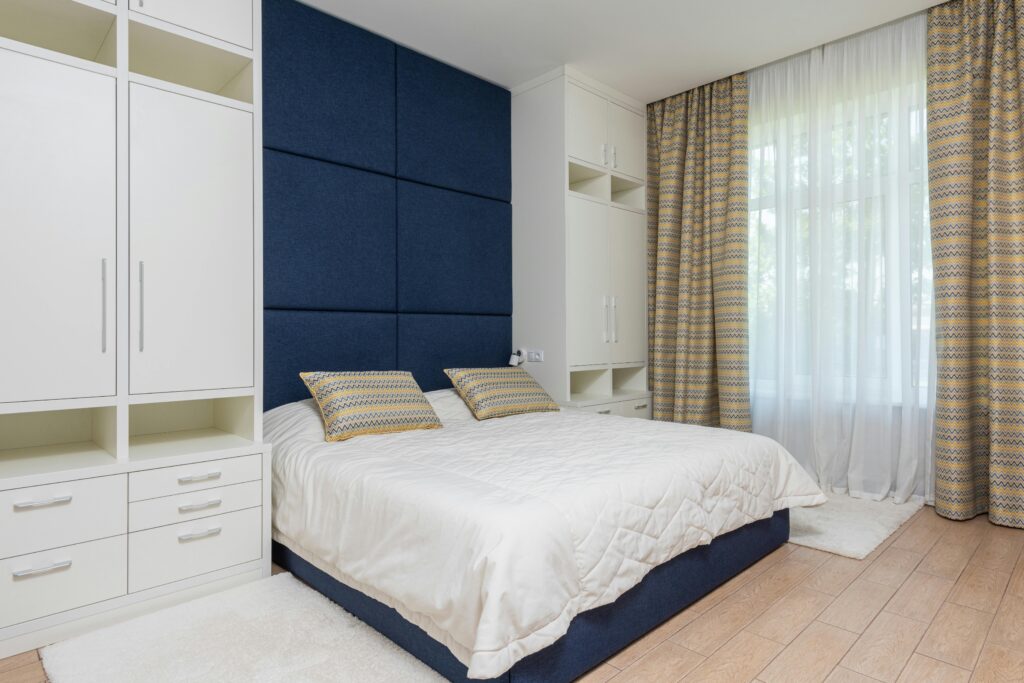

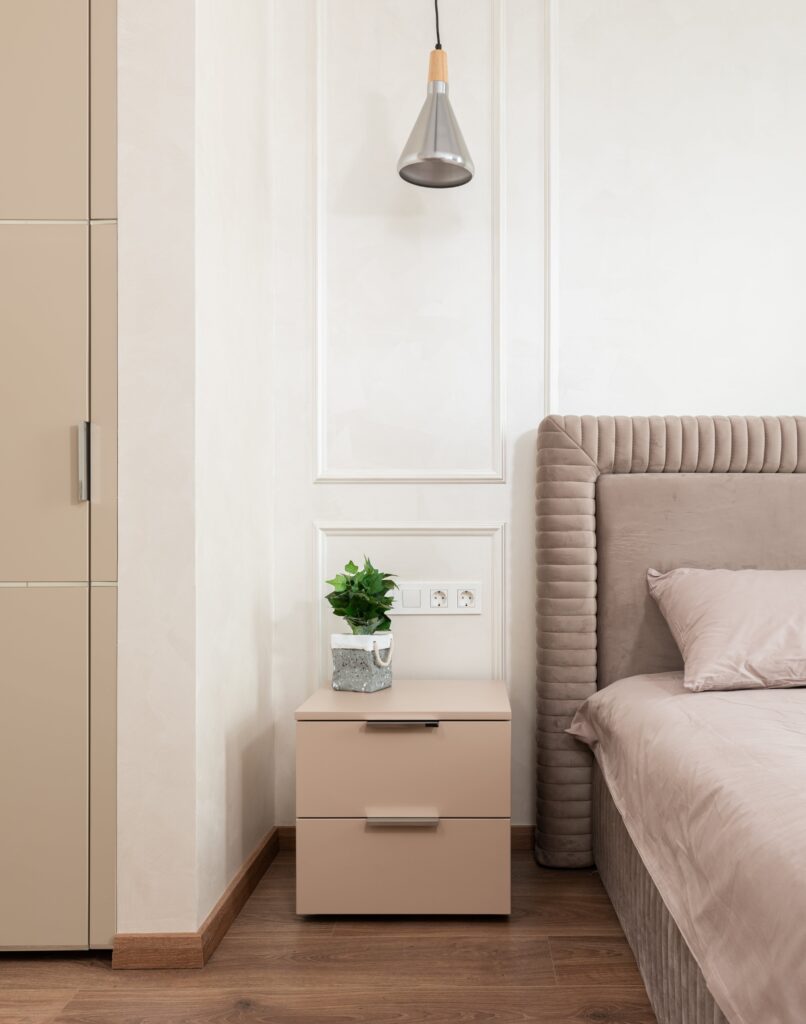
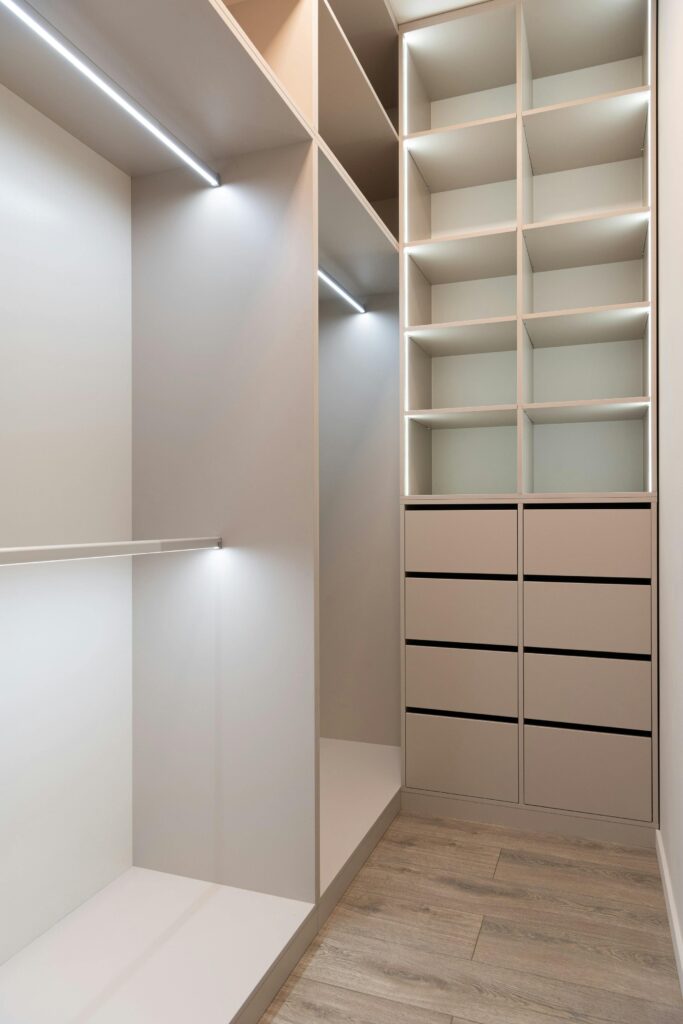

The Role of Wardrobes in Interior Design
Wardrobes play a crucial role in interior design by providing organized storage space for clothing and other personal belongings. They help keep a room clutter-free and contribute to creating a neat and organized environment. Moreover, wardrobes can serve as statement pieces that set the tone for the entire room. The design, material, and finish of a wardrobe can greatly influence the overall aesthetic appeal and style of a space. From traditional to modern, wardrobes can be customized to match the interior design theme of any room.
Key Specifications for Wardrobe Design
When designing a wardrobe, several key specifications must be taken into account. The size of the wardrobe should be determined based on the available space and the storage needs of the user. It is essential to consider factors such as the number of shelves, hanging space, and drawers required. The material used for the wardrobe should be durable and of high quality, ensuring its longevity. Additionally, the color and finish of the wardrobe should complement the overall color scheme and style of the room.
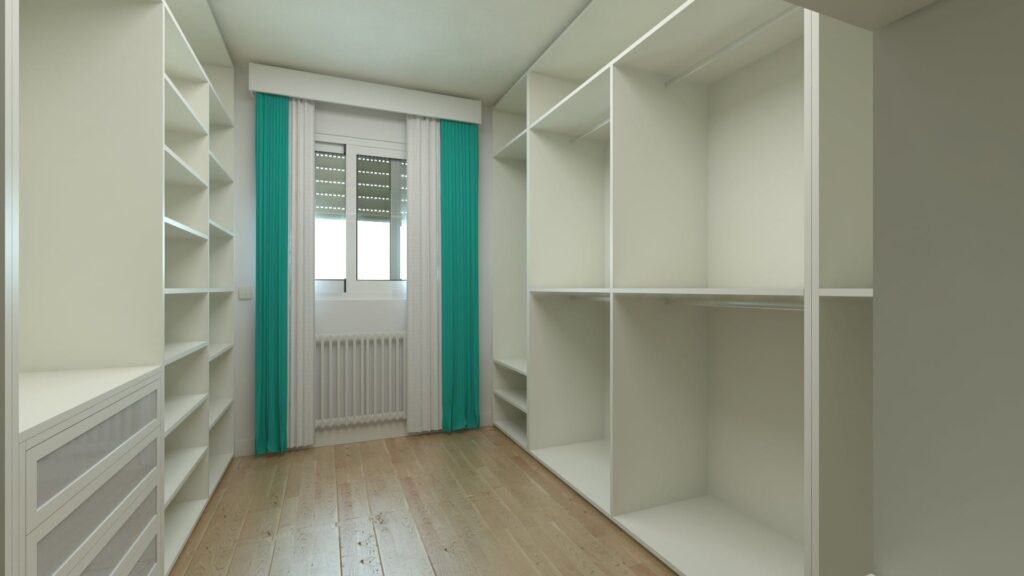

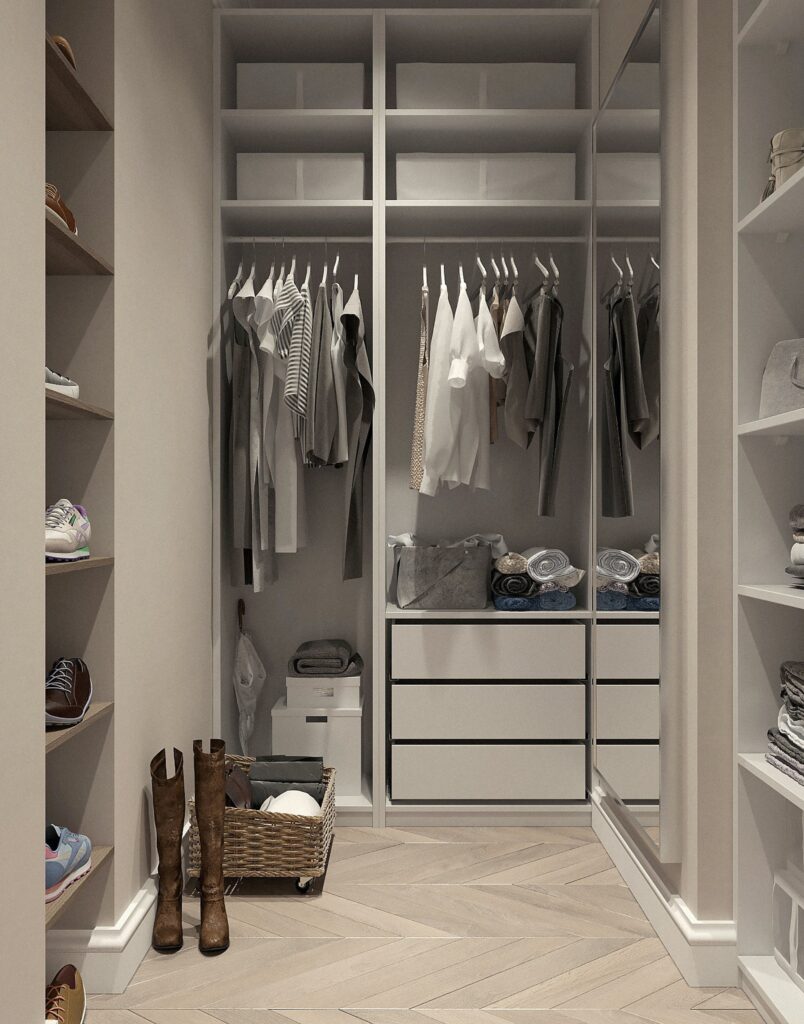

Expert Tips for Designing Functional Wardrobes
To create a functional wardrobe, it is important to carefully plan the interior layout. Start by assessing the storage requirements of the user, considering factors such as the types of clothing and accessories that need to be stored. Utilize different storage solutions such as adjustable shelving, pull-out drawers, and hanging rods to maximize space utilization. Incorporating additional features like shoe racks, tie organizers, and jewelry trays can further enhance the functionality of the wardrobe. It is also worth considering incorporating lighting solutions to improve visibility and make it easier to find items.
Incorporating Aesthetics in Wardrobe Design
While functionality is key, aesthetics should not be overlooked when designing wardrobes. The style of the wardrobe should align with the overall design theme of the room. For a traditional look, opt for wardrobes with intricate details and classic finishes. On the other hand, for a more contemporary vibe, sleek and minimalist wardrobes with clean lines and glossy finishes can be chosen. Consider the color palette of the room and select a wardrobe finish that complements or contrasts it effectively. Additionally, incorporating decorative elements such as mirrored doors or decorative handles can add visual interest to the wardrobe.
In conclusion, wardrobes are not just storage units but an integral part of interior design. By considering key specifications such as size, material, and finish, one can create a wardrobe that meets both storage needs and design preferences. With expert tips like careful planning of the interior layout and incorporating additional features, functional wardrobes can be achieved. Lastly, by aligning the style and aesthetics of the wardrobe with the overall design theme of the room, one can create a harmonious and visually appealing space. So, when designing your next interior, remember the significance of wardrobes and utilize them to elevate the overall design.

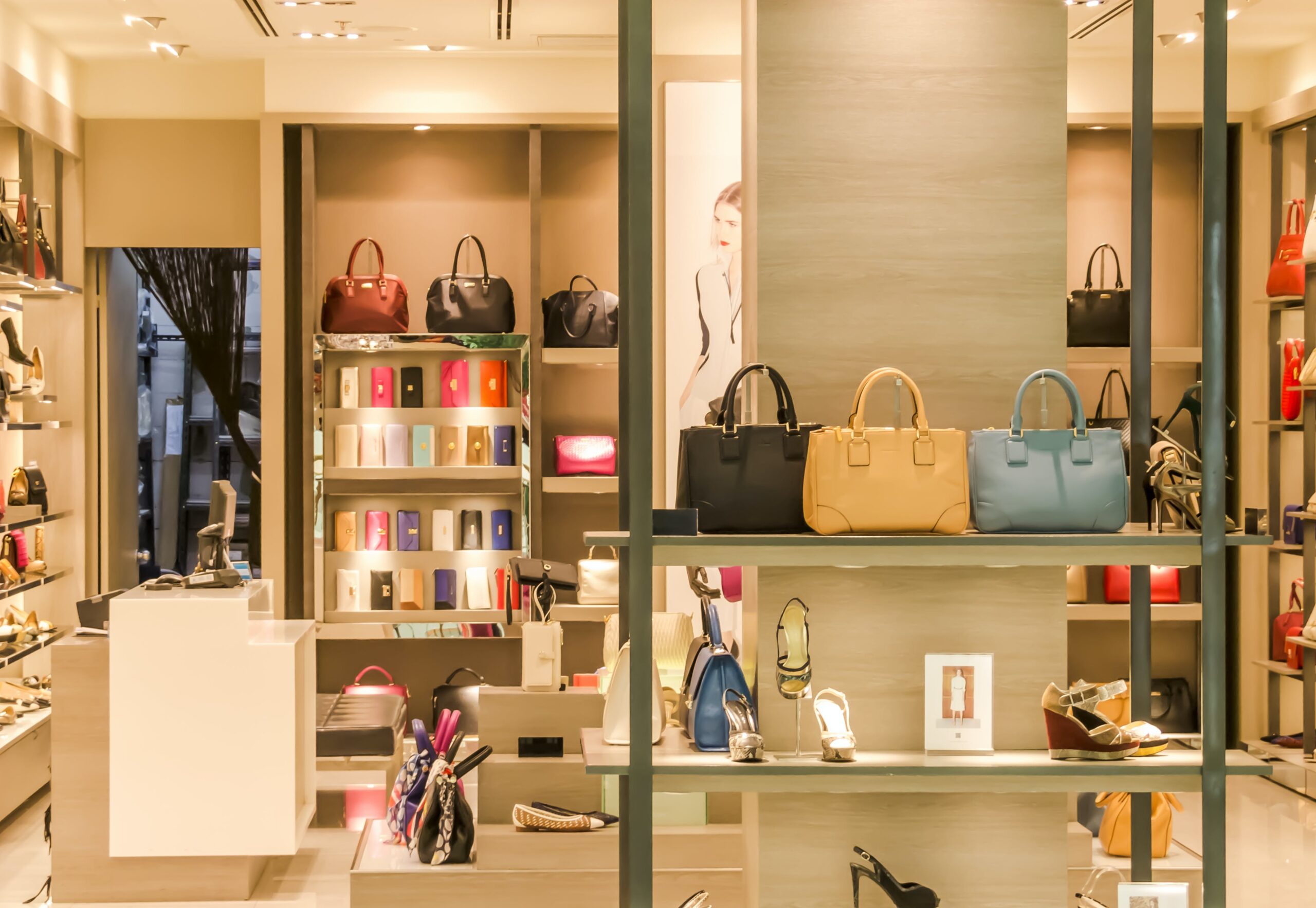
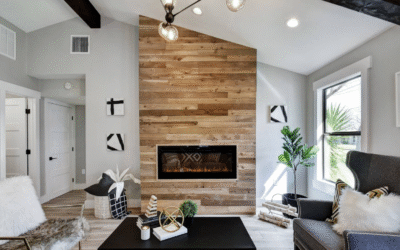

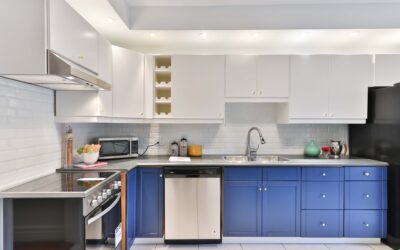
0 Comments